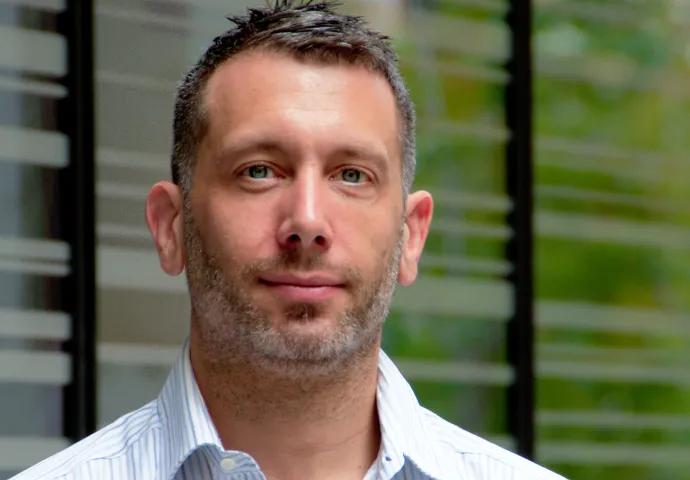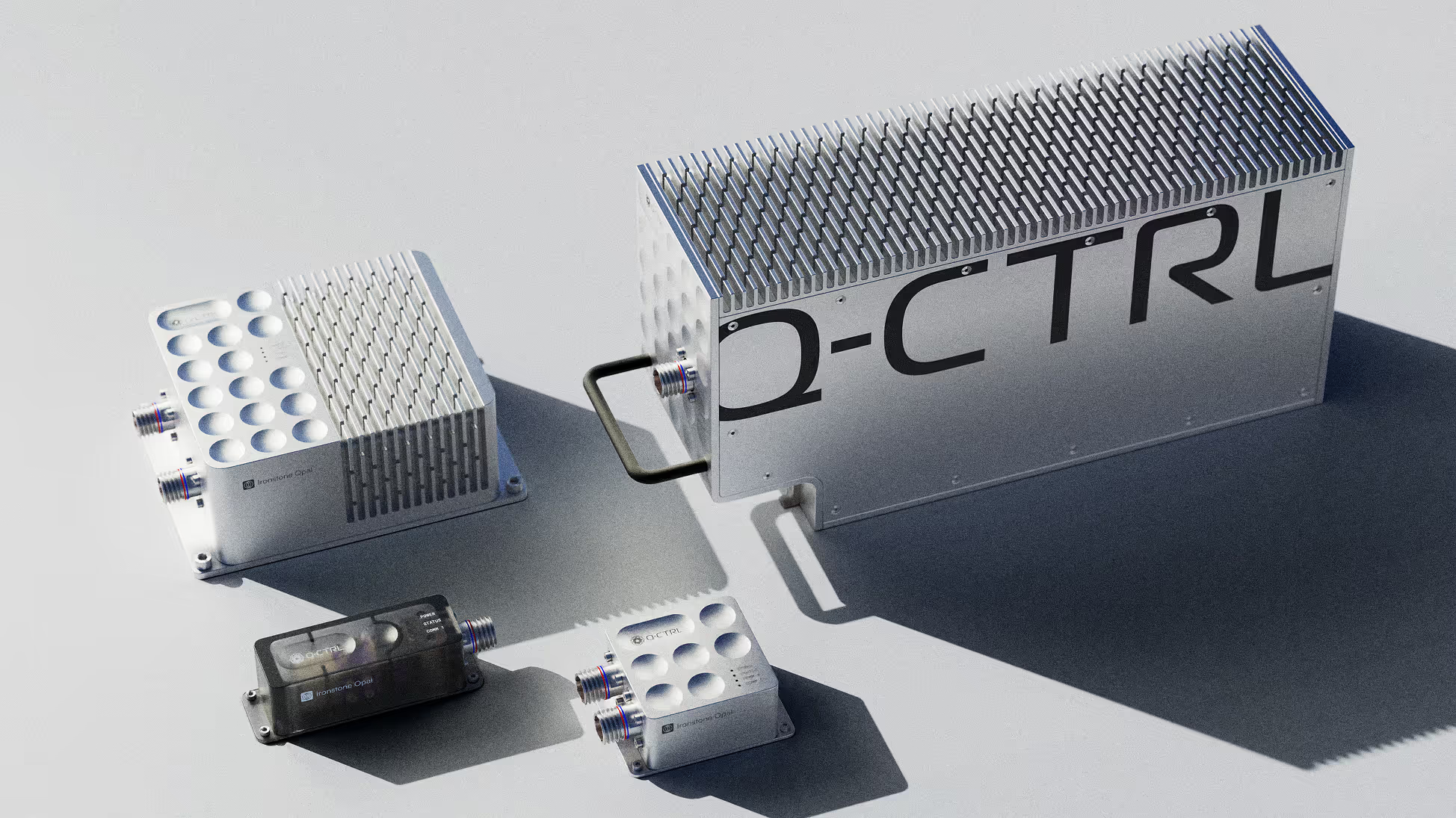Real-world use cases

Delivering quantum advantage to airborne systems
Q-CTRL’s Ironstone Opal delivers GPS-free quantum navigation, achieving 94X better performance than INS in real-world flight and ground vehicle trials.
94X
improvement over the performance of a strategic-grade inertial navigation system in real flight tests
We achieved an accuracy in some trials comparable to a sharpshooter hitting a bullseye from 1,000 yards away. But because our quantum-assured navigation system allows a vehicle to position itself accurately irrespective of how far it’s travelled, by analogy that sharpshooter can hit the same bullseye no matter how far away they move from the target.


Northwestern looks to the heart of the universe with robust quantum sensors
With Boulder Opal, Northwestern suppressed 5 different noise sources simultaneously with a single optimized robust control pulse for atom interferometry.
5
different noise sources can be suppressed simultaneously with a single optimized robust control pulse for atom interferometry.
The breadth and flexibility of Boulder Opal allowed us to create our own optimization scenario and obtain pulses robust to the five most relevant experimental noise sources at the same time! This will be crucial in the development of atomic interferometers to detect dark matter and gravitational waves at currently unexplored frequencies.

Developing a quantum-assured navigation solution
Partnering with Advanced Navigation to develop a hybrid approach to quantum navigation enabling high positioning accuracy over very long periods of GPS denial.
>180X
Navigational stability improvement.
Autonomous quantum sensors in space exploration will be invaluable in leveraging extraterrestrial resources for permanent human bases on the Moon and Mars.




























